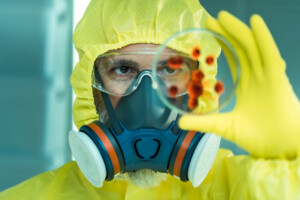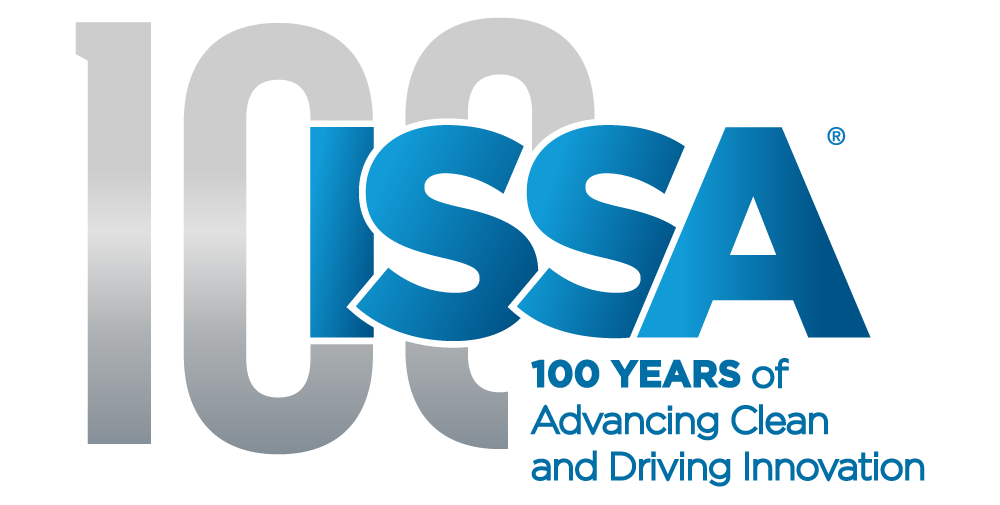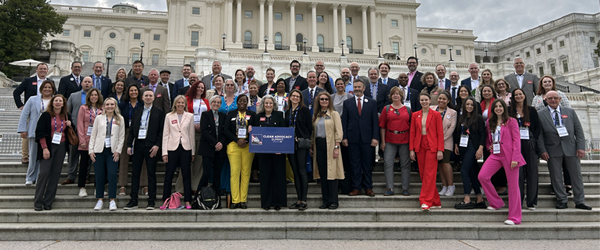How to Get a Biohazard Cleaning Certification: Essential Steps

In the world of professional cleaning, biohazard cleaning is a highly specialized and critical service. From crime scenes to healthcare facilities, biohazardous materials such as bodily fluids, bloodborne pathogens, and other infectious substances require careful and expert handling. Obtaining a biohazard cleaning certification is essential to ensure safety, legal compliance, and effectiveness in these high-risk situations.
Whether you’re new to the field or looking to expand your cleaning service offerings, biohazard cleaning certification is a great way to ensure you have the knowledge and skills needed to tackle these challenging tasks safely. In this post, we’ll guide you through the steps to earn your biohazard cleaning certification. Start by visiting GBAC’s Biohazard Certification for more detailed information and to enroll.
What is Biohazard Cleaning Certification?
A biohazard cleaning certification indicates that an individual has successfully completed a comprehensive training program focused on the proper handling and cleaning of environments contaminated with hazardous biological materials. These materials could include blood, vomit, bodily fluids, and even infectious disease pathogens like the flu or COVID-19.
Certified professionals are trained to manage these hazardous situations in a manner that keeps both themselves and the public safe while complying with local, state, and federal regulations.
Why is Biohazard Cleaning Certification Important?
- Compliance with Regulations: Working with biohazards is governed by strict regulatory frameworks, such as OSHA guidelines and the CDC. Certification ensures you are fully aware of and compliant with these regulations, keeping your work in line with legal requirements.
- Skill Enhancement: Biohazard cleaning goes far beyond just wiping down surfaces. It requires knowledge of specific cleaning agents, decontamination procedures, and how to handle personal protective equipment (PPE). A certification program equips you with the expertise needed to tackle complex cleaning tasks confidently.
- Increased Career Opportunities: The demand for biohazard cleaning professionals has grown significantly, particularly in healthcare and crime scene cleanup industries. Certification enhances your resume and makes you a more attractive candidate to employers.
- Safety and Liability Reduction: Without proper training, exposure to biohazardous materials can lead to serious health risks and even legal consequences. Certification ensures you are prepared to mitigate these risks, ensuring a safer working environment for yourself and others.
Steps to Obtain a Biohazard Cleaning Certification
-
Understand the Requirements
Before enrolling in a certification program, check the prerequisites. In most cases, you need to be at least 18 years old and may need a clean criminal background, particularly if you intend to work in sensitive environments like healthcare or law enforcement. While a high school diploma isn’t always required, prior experience in the cleaning or healthcare industries can be beneficial.
-
Choose a Reputable Certification Program
Look for an accredited and well-recognized certification program. The Global Biorisk Advisory Council (GBAC), for example, offers a specialized biohazard cleaning certification program tailored to industry professionals. Certification from an organization like GBAC ensures that you are receiving quality, up-to-date training from experts in the field.
Check out GBAC’s Biohazard Certification to explore the program details, curriculum, and how to get started.
-
Complete the Required Training
Training for a biohazard cleaning certification involves both theoretical coursework and practical, hands-on experience. Expect to learn about:
- The biology of pathogens and hazardous materials
- Infection control protocols
- Proper use and disposal of PPE
- Cleaning and disinfecting techniques
- Waste management and safe disposal methods
-
Pass the Exam
Once your training is complete, you’ll need to pass an exam to demonstrate your knowledge of biohazard cleaning. The exam will typically cover all aspects of your training, including safety protocols, regulatory requirements, and cleaning techniques. Once you’ve passed, you’ll earn your certification, which proves your competency in this critical field.
-
Maintain Certification
Biohazard cleaning certifications often have an expiration date, typically every two to three years. To maintain your certification, you may need to complete continuing education courses or recertify through an updated exam. This ensures that your knowledge remains current with the latest industry standards and regulations.
What Can You Expect After Certification?
Once you’ve obtained your biohazard cleaning certification, you can begin working in a variety of roles that require your expertise, such as:
- Crime Scene Cleanup: Cleaning and disinfecting areas affected by violent crimes, drug overdoses, or accidents.
- Healthcare Facilities: Hospitals, nursing homes, and clinics often require biohazard cleanup professionals to disinfect rooms and equipment that have been exposed to pathogens.
- Disaster Cleanup: After natural disasters like floods or hurricanes, biohazardous materials may need to be safely cleaned from affected buildings.
- Industrial Settings: Factories and warehouses where hazardous materials are present may require certified cleaning professionals to mitigate contamination.
How Biohazard Cleaning Certification Benefits Employers
For businesses that regularly work with biohazardous materials, employing certified professionals offers several benefits:
- Enhanced Reputation: Working with certified technicians signals to clients and customers that your business values safety and professionalism.
- Reduced Liability: Certified professionals are trained to follow safety protocols that reduce the risk of accidents or exposure to harmful substances.
- Compliance Assurance: Employers can rest assured that their staff is well-versed in the latest safety regulations, reducing the risk of legal penalties for non-compliance.

External Resources to Enhance Your Biohazard Knowledge
For those interested in further learning or certification beyond the basics, there are several external resources that can be valuable:
- The Occupational Safety and Health Administration (OSHA) provides guidelines on handling hazardous materials and worker safety standards. Visit their website for information on biohazard and chemical safety protocols: OSHA Biohazard Guidelines.
- The Centers for Disease Control and Prevention (CDC) also offers valuable resources and guidelines on infection control and cleaning practices, especially in healthcare settings: CDC Infection Control Guidelines.
Conclusion
A biohazard cleaning certification is essential for professionals looking to specialize in high-risk cleaning jobs. This certification not only ensures that you are prepared to handle biohazards safely but also opens up a wide range of job opportunities in industries like healthcare, crime scene cleanup, and disaster recovery.
Start your journey today by enrolling in a recognized biohazard cleaning certification program like the one offered by GBAC, and take the first step toward a rewarding career that prioritizes safety and professionalism.
















